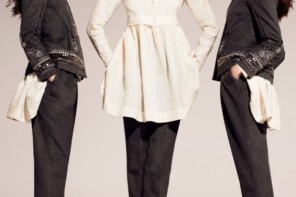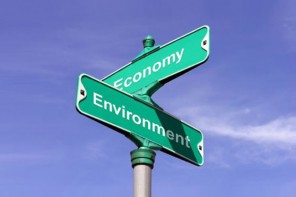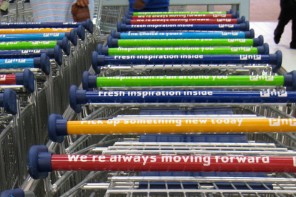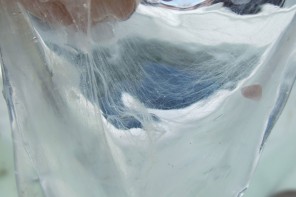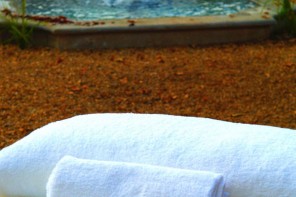Green on white: Arbor launches new sustainable snow boards
Our neighbours up north are entering the heart of the snow season — which, surprisingly, makes it an apt time to go green. Meet The Arbor Collective, a company with a mission this winter to make the most eco-friendly snowboard company around.
Introducing several new materials and manufacturing techniques, Arbor, a snow, skate and apparel company in the U.S., uses different wood in its boards — namely, bamboo, the most sustainable fibre on the planet. This year, it is introducing bamboo in the sidewalls — usually made out of fiberglass or polyethylene — of the A-Frame board. This company is promising more ‘pop’ at a low environmental cost.
You might not realize how demanding high-performance snowboards can be when it comes to materials and construction. A top-tier snowboarder needs to be able to go 50 miles per hour and have the ability to launch off a 90-foot cliff. So every little bit counts.
What Arbor’s doing right is demonstrating that ‘greener‘, more durable bamboo can be used as an effective substitute for more conventional woods and petroleum-based plastics. In fact, it can perform better than traditional materials.
In 2001, when Arbor first started using bamboo, most competitors’ models used non sustainable woods. When Arbor started using bamboo, many others followed its lead. Four years ago, the Collective went even further, replacing traditionally fiberglass component of its boards, the top sheet, with bamboo. Now others, like Arbor competitor Gnu have tried to emulate its commitment to green boarding.
By laminating bamboo fibers onto the top sheet with epoxies, Arbor estimates it reduce each board’s use of fiberglass and resin by up to 20%. Incidentally, the change in material also gives the boards a more responsive feel, with greater spring for big jumps.
Arbor also uses poplar, cork and paulownia woods in its products. All of these are fast growing and require few if any chemical treatments to proliferate. Because of the same high growth rates that make it a green choice for board materials, poplar has also been found to be useful in ethanol production.
Arbor doesn’t just make professional-grade boards. It also sells ‘lifestyle’ apparel — and uses bamboo in it too. When it comes to textiles, bamboo has several advantages over cotton. First, it requires very little irrigation and fertilizer to grow thick and healthy. On top of that, cotton usually requires about 5 ounces of chemical additives per T-shirt.
Arbor has also greened its waste management processes. It recycles 100% of its office waste, and insists on using non-toxic inks and dies at any point along its supply chain. Now more than a decade old, the company is a positive example for other consumer goods retailers that they can go greener and greener while still turning a profit.
The liveeco team

